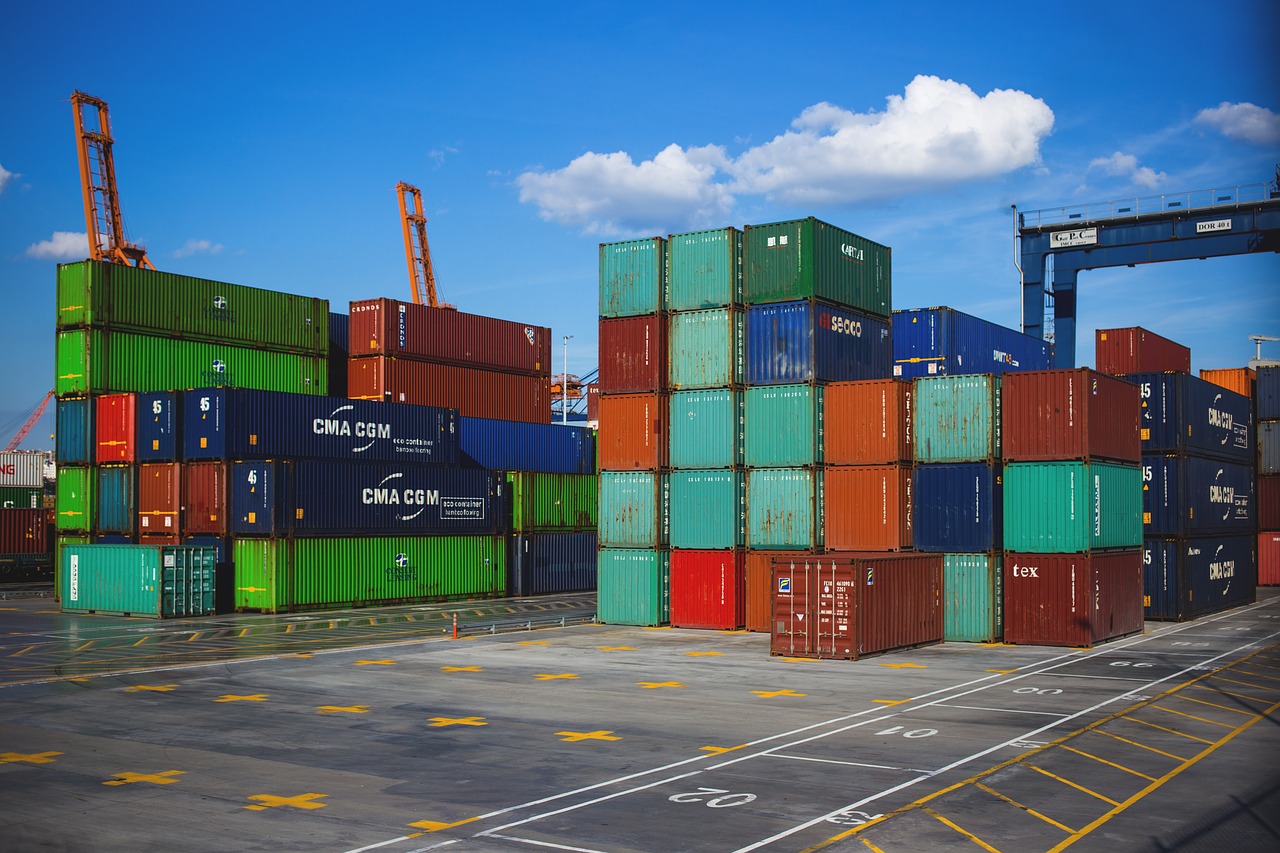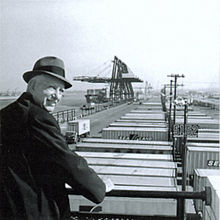BBC Radio 4’s fascinating series, 50 Things That Made the Modern Economy, recently considered how the shipping container (“a simple corrugated steel box”) changed the face of global trade. Which led me to consider its impact on international event logistics.
The programme, written and presented by the Undercover Economist, Tim Harford, argued that the shipping container has had a greater influence on globalisation than any number of trade deals such as TTIP, TRIPS and the TFP.
Sixty years ago, even a standard cargo ship might carry 200,000 items in more than one thousand shipments. Items would be loaded onto pallets at the dock, hoisted into the hold and then individually manhandled into position.
It was dangerous work with serious accidents occurring daily in many ports.
Tim Harford explains that, though the general idea of larger containers had been considered for years, progress was inhibited by powerful unions, bureaucracy and differing views on the ideal dimensions for containers – which would need to be standardised.
It was the notoriously frugal American trucking tycoon, Malcom McLean*, who, in the fifties, used his entrepreneurial and political skills to succeed where others had failed. By the sixties he had sold the idea of standard-sized containers to the US Military, delivering equipment for operations in Vietnam and collecting imports from Japan on the return journey, effectively establishing a new intercontinental trading relationship.
As a result of McLean’s innovation, ships can now carry as much as twenty times the cargo they once did. Yet they can be loaded and unloaded in hours rather than days, thanks to the consistent container dimensions and standardised equipment in ports and for ongoing transport. And another benefit; petty pilfering on board has been virtually eliminated.
This has driven shipping costs down and opened up new export and import opportunities that simply would not have been viable only a few decades ago. And it’s all thanks to a simple box.
The container in international event logistics
Where we are required to transport very large consignments to international events, Bill Bowden Event logistics uses containers to provide a safe, cost-effective solution.
We use specialist loading and unloading equipment, and flat-bedded trucks designed specifically to carry standard sized containers from ports to a suitable unloading area, before delivering directly to your exhibition space.
International event logistics is one more industry that was revolutionised by Malcolm McLean’s humble steel box.
For more details, do listen to Tim Harford’s fascinating programme on the BBC website, or get hold of his book, 50 Things That Made the Modern Economy.
* So obsessed was Mr McLean with efficiency, he dropped the extraneous. silent L from his first name! He died in 2001 with a net worth of more than $300m.




